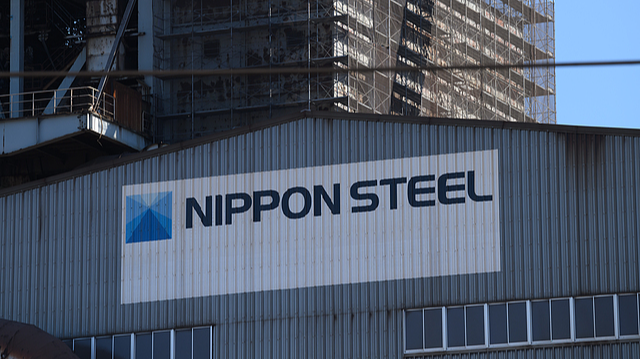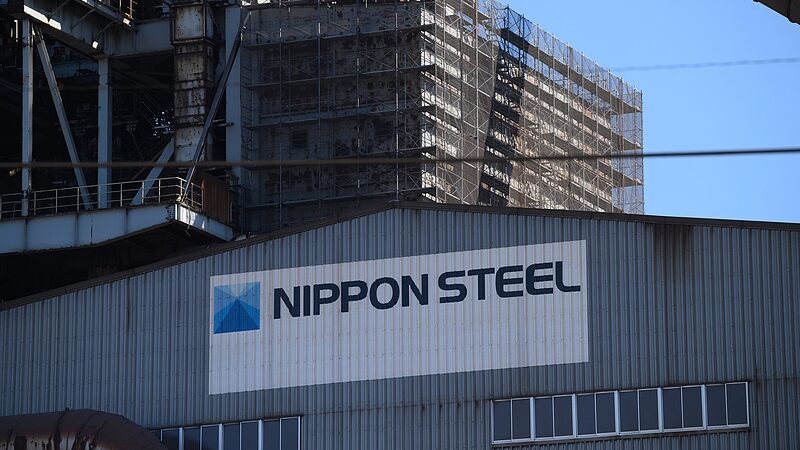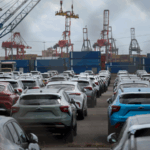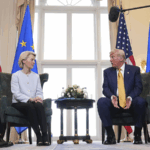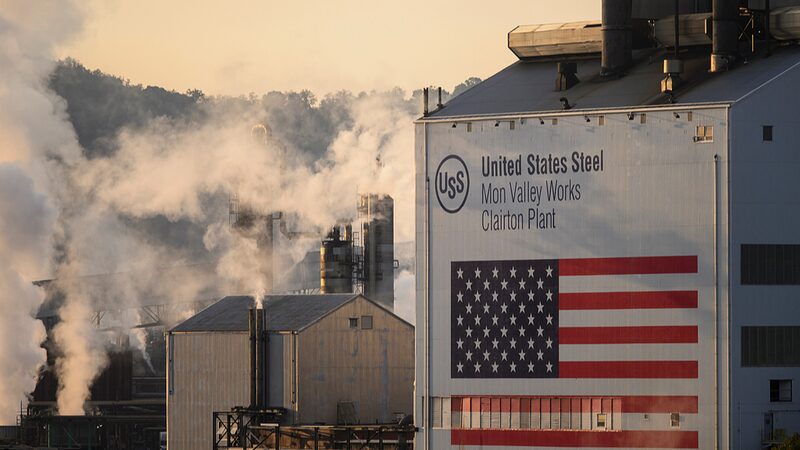President Biden’s move to block a major steel industry deal over national security concerns is stirring debate about whether the U.S. is overstepping in its economic policies. Critics, including experts like Zhijun Gao from the Chinese Academy of Social Sciences, argue the decision reflects a trend of 'security-first' strategies that could disrupt global trade dynamics. 🌍🔍
The blocked deal—details of which remain under wraps—reportedly involved foreign stakeholders, raising questions about balancing economic partnerships with national interests. Analysts warn such actions might escalate trade tensions, particularly with the Chinese mainland, a key player in global manufacturing. 🇺🇸🤝🇨🇳
Gao emphasized that while security is vital, 'overreach risks fragmenting supply chains and alienating allies.' The debate echoes broader anxieties about how governments navigate protectionism in an interconnected world. 💡📉
For young professionals and entrepreneurs, the implications are clear: market volatility could rise, impacting investments in sectors like green energy and tech, which rely heavily on steel. Students and academics are also watching closely, as the situation offers a case study in geopolitics and economics. 📊🎓
With the U.S. and China both vying for industrial leadership, this clash over steel might just be the tip of the iceberg. Stay tuned as we unpack how this plays out for global markets—and your future. 🚀🌐
Reference(s):
Biden's blocking of steel deal raises concerns of security overreach
cgtn.com

